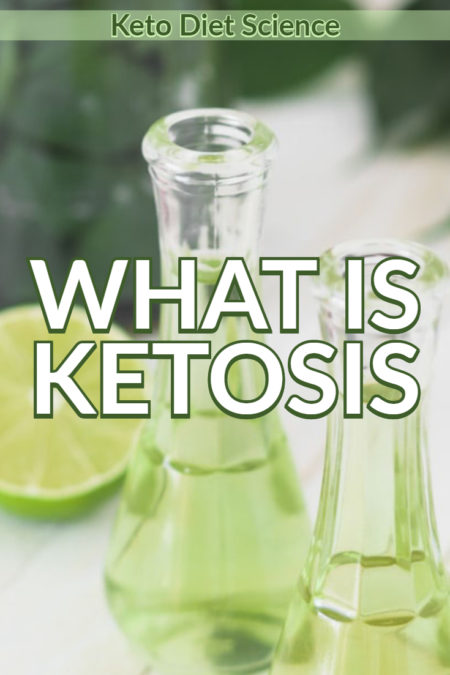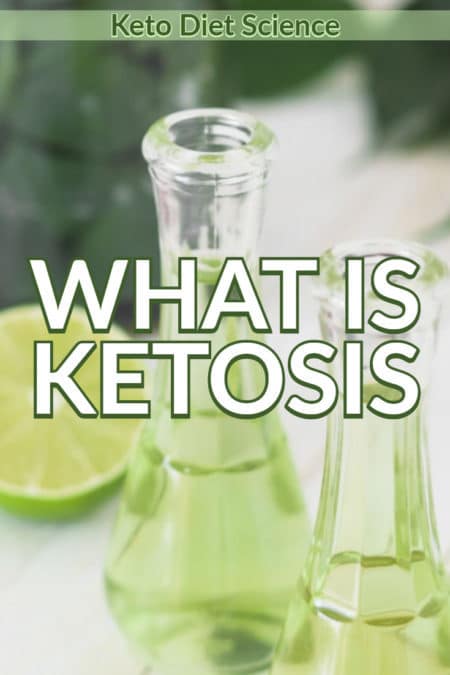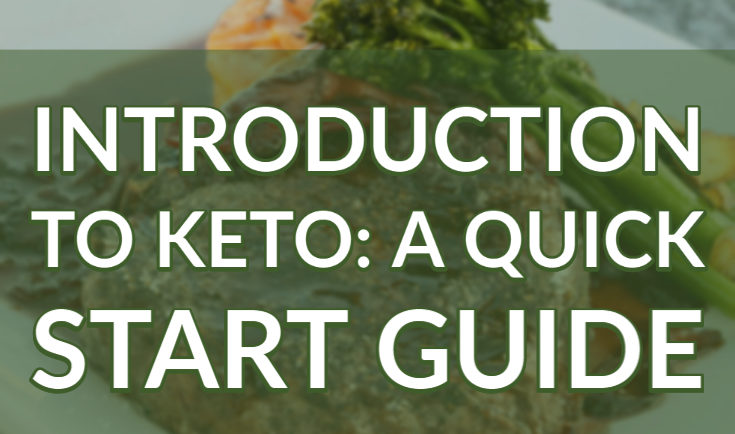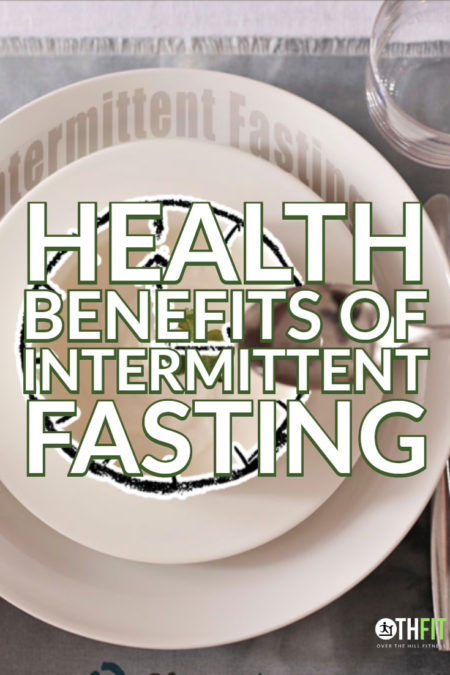
Keto Diet Science: What is Ketosis
You have probably heard about the ketogenic (keto) diet but you might not fully understand how it works. If so, don’t feel bad, most people that I have talked to that aren’t total health junkies don’t understand it either. I am going to go into what ketosis is, what it isn’t, smash some myths, and answer some common questions.
Note: This article covers everything you could ever want to know about the process of ketosis. If you came here looking for information on the keto diet I would still highly recommend that you read this article. Understanding ketosis is critical to understanding the ketogenic diets.
Here is a great Introduction to Keto article that will explain everything you need to know to get started on a ketogenic diet.
What is Ketosis?
Ketosis is a natural and healthy state where your liver breaks down fat cells for energy instead of glucose. When the body can’t get enough energy from glucose it will instead process stored fat. This produces acids called ketone bodies (ketones) that are released into the blood stream. Your body can use those ketones as fuel in the same manner as it uses glucose.
How Do You Know When You Are In Ketosis?
Ketosis is when the amount of ketones in your blood is more than >.5 millimolar/L. For best results you will want a ketone level between 1.5 and 5. If those numbers don’t mean anything to you don’t worry about them. Any testing method you use will be in the correct scale. That is nice because all you have to remember is that a score between 1.5 is good. If it is lower you need to continue waiting, if it is higher you can afford to increase your carb intake.
There are several ways to test your ketone levels through either your blood, urine, or breath. You can do the testing yourself at home or you can have your doctor do them. Your doctor will be more accurate but if you’re a big wimp about needles like I am this is more than good enough. Also, having a way to test at home is much more convenient and will save you money. I recommend purchasing a home breath test and the one below is very good.
How to Get Into Ketosis
In a standard American diet, most (or all) of our energy comes through breaking down carbohydrates into glucose. Any glucose you don’t use for energy is stored in the liver and on skeletal muscles in the form of glycogen. When the stored glycogen is depleted the body will convert fat into energy. That is when ketosis begins. Being active will speed that up.
Restricted Carbohydrate Diet
The easiest and most sustainable way to get into ketosis is to restrict the carbohydrates available to convert into glucose. Eventually your stored glycogen levels will be depleted and you will enter ketosis. The number of carbs that can be consumed in a day will vary by individual. For most people that will be around 30g. That’s about 3 of those wonderful bite-size snickers. There are several free macro calculators online that can make sure you are eating correctly.
Intermittent Fasting
Intermittent fasting can also deplete your glycogen stores, putting you into ketosis. This typically takes between 12 and 16 hours without eating to experience the benefits of ketosis. Fasting alone will not allow you enough time to become fat adapted so the benefits are somewhat limited. Still I highly recommend Intermittent fasting because it has a lot of additional benefits besides ketosis.
In fact a ketogenic diet combined with intermittent fasting is a very common way to realize a lot of health benefits. If you want to learn more I recommend checking out our post: Health Benefits of Intermittent Fasting.
(Probable) Benefits of Ketosis
Weight loss is probably the number one reason that people try out ketogenic diets. Of course, this makes sense because of how popular the keto diet and other low carb diets have become. If you are looking to lose weight that is one of the benefits of ketosis.
Besides weight loss, there are many additional health benefits. Here is a short list. This list isn’t comprehensive and new studies come out all the time. As I learn more I will come back and keep this list updated. You can find research sources at the bottom of this article.
- Acne
- Alzheimer’s Disease
- Autism
- Blood Sugar
- Cancer
- Cravings and Appetite
- Epilepsy
- Heart Health
- Lou Gehrig’s Disease (ALS)
- Metabolic Syndrome
- Parkinson’s Disease
- Reduced Inflammation
- Traumatic Brain Injury
- Type 2 Diabetes
- Weight Loss

Disclaimer time. Ketosis has many great benefits and can appear miraculous. It isn’t a magical cure all and shouldn’t be used in place of actual medical care. If you are having any medical issues please consult a health care professional.
Is Ketosis Safe?
Typically being in ketosis is going to be perfectly safe. Of course, it depends on your medical conditions and history. As with everything health-related you should have a conversation with your health care provider if you are considering inducing ketosis. This is especially true for diabetics or anyone with liver or digestion issues.
(Possible) Negative Side Effects of Ketosis
There are some side effects of transitioning from a normal diet to a ketogenic diet. If you are inducing ketosis through fasting it is unlikely that you will experience these side effects. The most important thing to know is that the side effects are typically minor and don’t last too long.
Below are two most common side effects of being in ketosis. Almost everyone will experience these the first time they get onto a ketogenic diet. After becoming fat adapted you will be able to transition back and forth much easier. Being off a ketogenic diet for a while will undo the adaptation though so be careful.
Keto Flu
During the first week or so of being on a ketogenic diet, many people will experience a series of negative reactions. The most common effects are headache, nausea, cramps, body aches, and fatigue. Since these symptoms so closely resemble common flu symptoms the name keto flu is commonly used.
I have not been able to find any definitive research that lays out a clear cause for the keto flu. It seems like the most popular theories indicate a combination of sugar withdrawal, gut biome changes, or lack of electrolytes. Whatever the cause these symptoms are usually mild and will pass quickly. Staying hydrated and taking electrolytes will often reduce the symptoms.
Keto Breath
Ketones are expelled from the body through urine and breathing. Since many of the ketone bodies have either an alkaline or fruity smell this can lead to bad breath. Luckily it will only last a couple of weeks. Staying hydrated will help to dilute the ketones and reduce the smell. Mints or gum will help to cover the smell until it fades.
Myths About Ketosis
Ketosis isn’t Ketoacidosis
This is probably the top myth (or misunderstanding) about ketosis. There is so much bad information on the internet and sadly even health care professionals don’t understand the difference. I don’t want to write too much about this because I worry I’ll just increase the confusion. Instead I’ll let this great video explain it.
Keto Crotch
Some irresponsible health outlets have recently been spreading the story that ketosis causes unpleasant vaginal odors. They even gave it the catchy name keto crotch. Remember, this isn’t a real condition and anyone who claims otherwise is lying or has been lied to.
If you are interested in how lies and propaganda can spread through the internet and into mainstream media I recommend the links below. They break down the rapid rise of the phrase and how many media companies parroted the message. This is all despite the claims having no proof or even a source to cite.
- The ‘Keto Crotch’ Phenomenon Illustrates How to Circulate Lies in the ‘Free Press’ by Doug DiPasquale
- Debunking the “Keto Crotch” Conspiracy by Emily Kumler
Ketosis FAQ
Fat adapted means is that your body has fully switched from using glucose to fat as its primary fuel source. A healthy body will happily switch back and forth but when carbs are suddenly and drastically reduced it takes some time for your body to adapt.
Ketosis is a natural and healthy condition and isn’t at all related to ketoacidosis. Ketoacidosis (diabetic ketoacidosis) DKA is a dangerous health condition where blood sugars and ketone bodies both raise to very high levels.
Since the brain needs glucose (same for your red blood cells and kidneys) it is a very common misconception that carbs are necessary for healthy brain function. What most people don’t know is that your liver is capable of producing enough glucose through a process called gluconeogenesis. Therefore even without any carbs at all, you can continue to function perfectly fine.
No, these are dumb. Okay, maybe that’s a bit harsh. These supplements, called exogenous ketone supplements, might help to enhance the ketosis effects, might help you stay in ketosis longer, and might help you get back in ketosis faster. But, their effects are very limited, you still have to eat a ketogenic diet, and they are expensive. They also won’t help you lose weight faster. So, to reiterate, these are dumb.
References:
- Biochemistry. 5th edition. Chapter 21 Glycogen Metabolism
- Do ketogenic diets really suppress appetite? A systematic review and meta-analysis
- Timeline of changes in appetite during weight loss with a ketogenic diet
- An Online Intervention Comparing a Very Low-Carbohydrate Ketogenic Diet and Lifestyle Recommendations Versus a Plate Method Diet in Overweight Individuals With Type 2 Diabetes: A Randomized Controlled Trial
- Low-Carb and Ketogenic Diets in Type 1 and Type 2 Diabetes
- Beyond weight loss: a review of the therapeutic uses of very-low-carbohydrate (ketogenic) diets.
- Twelve-month outcomes of a randomized trial of a moderate-carbohydrate versus very low-carbohydrate diet in overweight adults with type 2 diabetes mellitus or prediabetes.
- Induced and controlled dietary ketosis as a regulator of obesity and metabolic syndrome pathologies.








